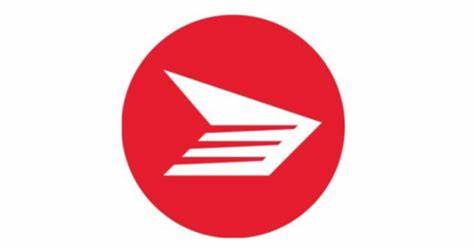Amidst a period of rampant inflation, consumers have grown accustomed to steep rises in prices across various sectors. However, a new bitter reality has emerged as the cost of chocolate skyrockets, impacting everyone from major manufacturers to beloved holiday icons like the Easter Bunny.
This week, cocoa futures in New York surged past the unprecedented milestone of US$10,000 per metric tonne, marking a historic high. Such levels haven’t been seen in over 46 years, surpassing even the rapid ascent of stock market darling Nvidia.
The surge is attributed to a complex interplay of factors, primarily stemming from supply constraints in West Africa. A quadrupling of cocoa prices within a year has fundamentally reshaped market dynamics, leading to a frenzied scramble among buyers and sellers to secure dwindling supplies.
Judith Ganes, president of JGanes Consulting, emphasized the urgency, stating, “This is not a speculative bubble that can burst from a shift in market sentiment. Buyers are scrambling to secure supplies…be it beans, cake, butter, or powder to assure that they have sufficient supply on hand to meet needs.”
Supply Challenges in West Africa West Africa, the powerhouse of global cocoa production, faces a series of agricultural setbacks. Crop failures, aging plantations, and disease outbreaks have resulted in the most significant supply deficit in over six decades, steering the world towards a third consecutive year of insufficient supply.
Record price hikes have followed adverse weather conditions and diseases impacting African cocoa production, prompting a rush to secure existing supplies. However, forthcoming harvests from key producers like Côte d’Ivoire and Ghana are forecasted to fall short, exacerbating the market’s imbalance.
Regulatory Hurdles for Producers Côte d’Ivoire and Ghana, amongst the largest cocoa producers globally, enforce strict government regulations on cocoa prices. However, these price caps limit compensation for farmers, hindering their ability to invest in modernizing operations to enhance quality or quantity. In Côte d’Ivoire, farmers receive only one million West African francs per metric ton of cocoa, significantly below New York futures prices.
Industry Response Major confectionery companies, including Nestle, Mondelez International Inc., and Barry Callebaut AG, are grappling with inflationary pressure through price adjustments and supply chain innovations to meet consumer demand while preserving profitability. Despite efforts to secure supply, stock valuations for these companies have faced pressure due to soaring cocoa prices.
Consumer prices have risen sharply in some categories, with no relief in sight, according to Sylvain Charlebois, director of the Agri-Food Analytics Lab at Dalhousie University in Halifax. The industry and consumers alike brace for continued turbulence amid the cocoa market’s upheaval.



